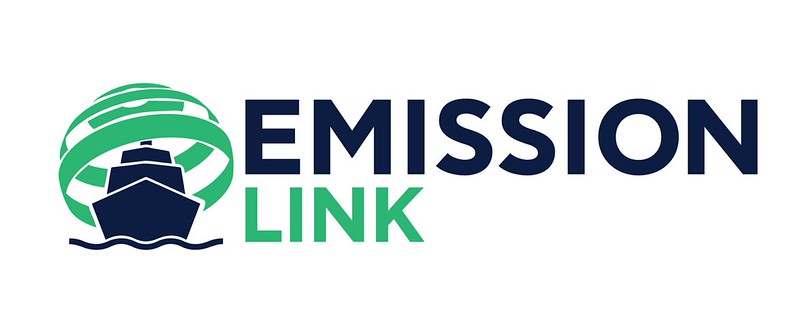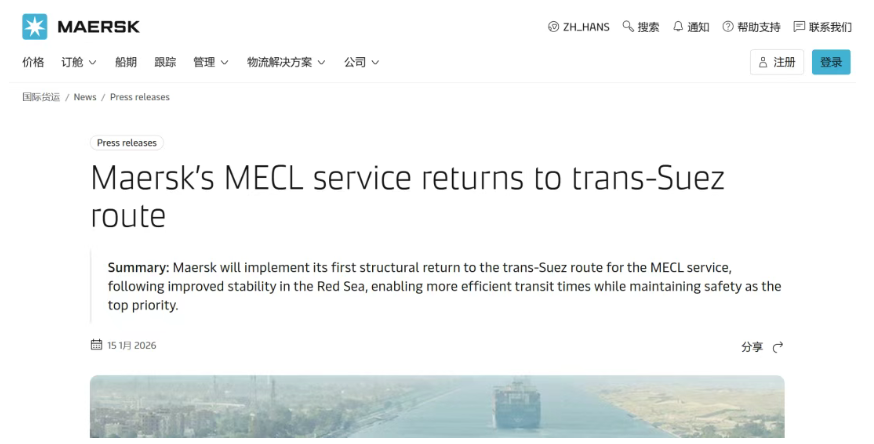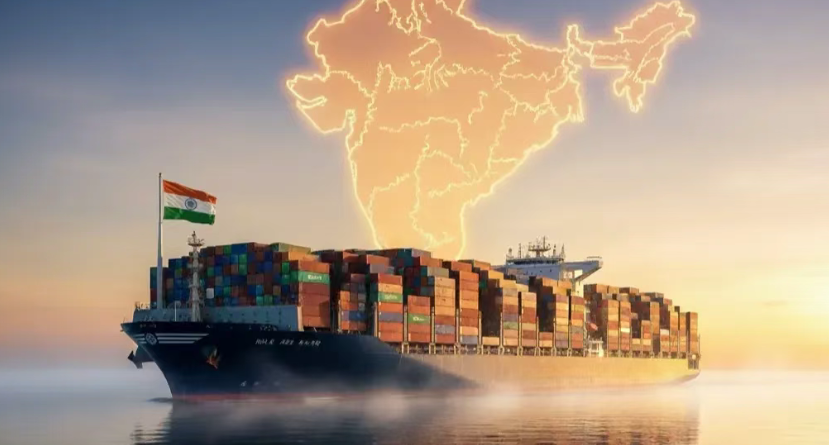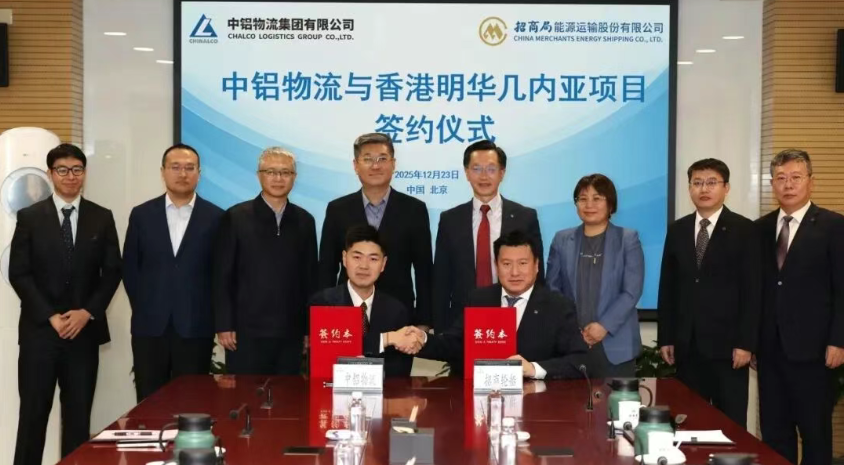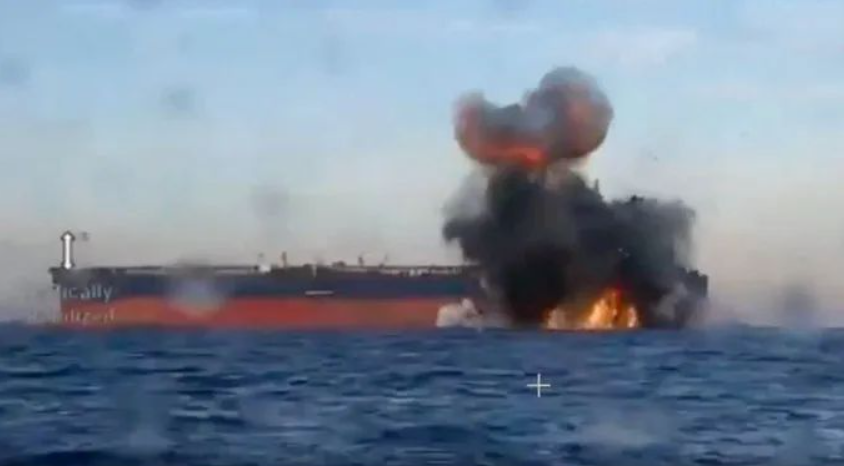'MARPOL at 50 – Our commitment goes on' has been selected as the upcoming theme for the International Maritime Organization's 2023 World Maritime Theme, which will culminate in a World Maritime Day celebration on 28 September next year. The theme reflects the organization's long history of protecting the environment from the impact of shipping via a robust regulatory framework and emphasizes its ongoing commitment to this important work.
The theme spotlights the International Convention for the Prevention of Pollution from Ships (MARPOL), which covers prevention of pollution of the marine environment by ships from operational or accidental causes.
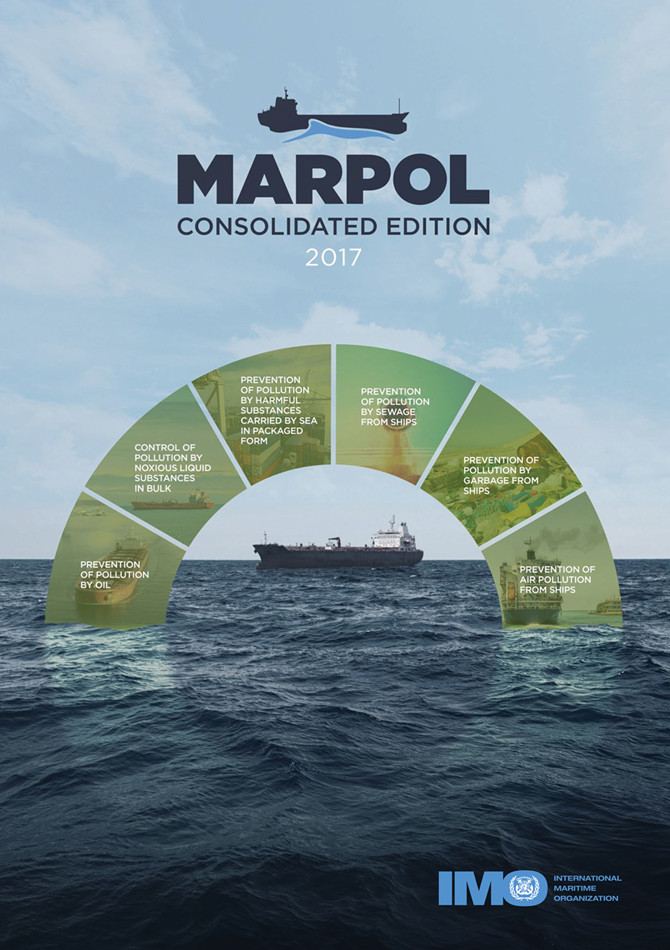

IMO Secretary-General Kitack Lim said, "A lot has changed in shipping in the 50 years since the MARPOL Convention was adopted on 2 November 1973, and IMO's commitment to protecting and preserving the marine environment has remained unwavering. The World Maritime Theme for 2023 will allow us to celebrate this legacy, while also underscoring our dedication to building on the existing foundations as we move towards a brighter future together.
"Our work to reduce Greenhouse Gas emissions is critical, and – given the urgency of the climate crisis - we must act now to strengthen our ambitions on this matter. We must also tackle other issues including protecting biodiversity, biofouling , the transfer of invasive species, and plastic and noise pollution. Protecting the marine environment requires shared action and I look forward to what the next 50 years will bring," he added.
The theme, which promotes discussions on the next phase of IMO's work to further protect the planet and the oceans, is also linked to the UN 2030 Agenda for Sustainable Development and the 17 Sustainable Development Goals (SDGs). These include affordable and clean energy (SDG 7); industry, innovation and infrastructure (SDG 9); climate action and sustainable use of the oceans, seas and marine resources (SDGs 13 and 14); and the importance of partnerships and implementation to achieve these goals (SDG 17).
The IMO Council, meeting for its 127th session, endorsed the theme following a proposal by IMO Secretary-General Kitack Lim.
History of the Convention
The Torrey Canyon oil spill in 1967, the largest oil disaster at the time, was one of the key moments that led to the development of the MARPOL Convention. The 1970s saw increased global awareness of the need to protect the marine environment from all sources of pollution, subsequently resulting in the adoption of the MARPOL Convention and the 1978 MARPOL Protocol in 1973 and 1978, respectively. The combined instrument entered into force on 2 October 1983.
MARPOL 73/78 is the most important international instrument covering prevention of pollution of the marine environment by ships from operational or accidental causes. In 1997, a Protocol addressing prevention of air pollution from ships was adopted and entered into force on 19 May 2005.
Evolution of MARPOL
Today, MARPOL covers pollution of the sea by oil, noxious liquid substances in bulk, harmful substances in packaged form, sewage from ships and garbage from ships, air pollution from ships, and regulation of energy efficiency. It also allows for the adoption of special areas with even stricter controls on operational discharges.
The Convention has evolved through the years. Some highlights include the requirements for oil/water separators on ships, phasing out of single hull oil tankers in 2010, the establishment of several special areas including the Antarctic area, the introduction of the mandatory IMO Member State Audit Scheme (IMSAS) in all MARPOL annexes, the introduction of the IMO 2020 global sulphur limit, and the adoption of technical and operational measures to enhance the energy efficiency of ships.
The adoption of the Initial IMO Greenhouse Gas (GHG) Strategy in 2018 to decarbonize the sector as soon as possible before the end of this century has set the policy framework for the development and adoption of further measures within MARPOL to enhance energy efficiency of ships.
Source: IMO
Source: IMO
The opinions expressed herein are the author's and not necessarily those of The Xinde Marine News.
Please Contact Us at:


